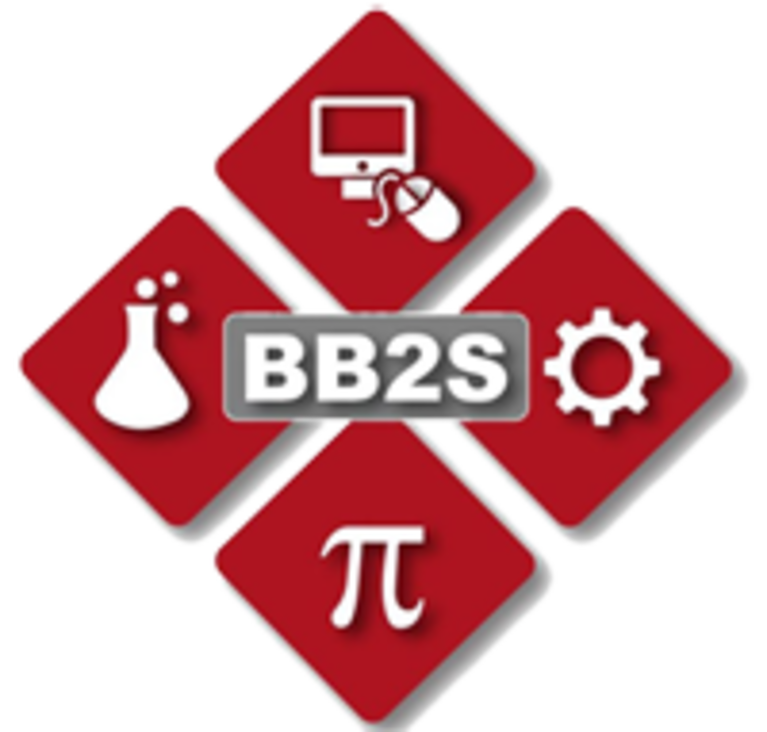
WHY STEM?
-

Science is the study of the natural world, including the laws of nature associated with physics, chemistry, and biology and the treatment or application of facts, principles, concepts, or conventions associated with these disciplines. Science begins with questions and fosters investigation. Investigation leads to a hypothesis requiring exploration to find evidence to answer those questions.
-

Technology comprises the entire system of people and organizations, knowledge, processes, and devices that go into creating and operating technological artifacts, as well as the artifacts themselves. By definition, technology is applied science, the application of knowledge to practical purposes. Technology focuses on making things happen. Critical thinking and logical reasoning are skills children need in order to use today’s rapidly advancing forms of technology and apply those forms appropriately.
-

Engineering is a body of knowledge about the design and creation of products and a process for solving problems. Engineering utilizes concepts in science and mathematics, and technological tools. Engineering is the art and science of problem-solving. Engineers design and invent solutions for natural and man-made problems then challenge and offer multiple solutions. Innovation, critical thinking, and the creative process are at the core of engineering.
-

Mathematics is the study of patterns and relationships among quantities, numbers, and shapes. Mathematics includes theoretical mathematics and applied mathematics. Both abstract and logical thinking are cultivated by experiences in Mathematics.
